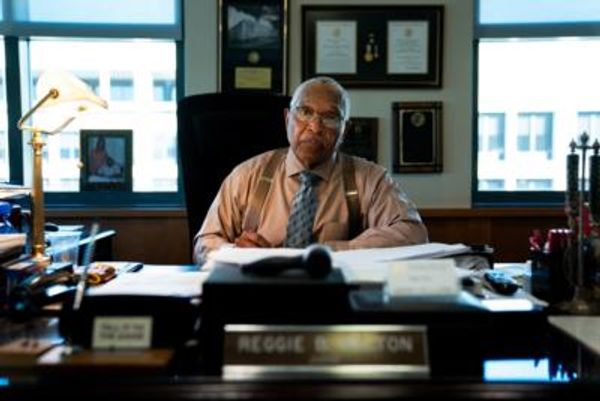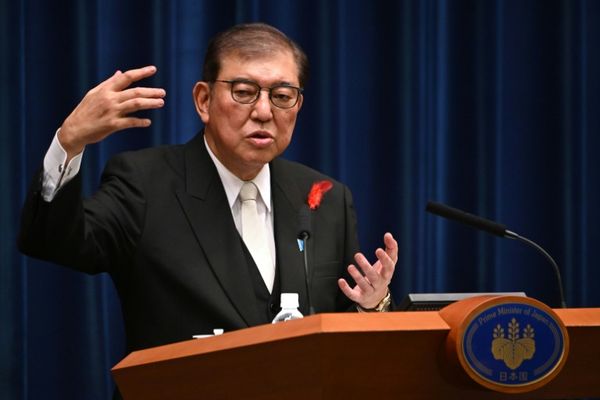
Nearly 40% of the dirty money in the world is going through the City of London and other crown dependencies, the UK’s deputy foreign secretary has said.
Andrew Mitchell added the crown dependencies and overseas territories will face fresh demands from the Foreign Office to comply with UK laws setting up public registers of beneficial share ownership.
Since legislation was passed in the House of Commons in 2016 the UK has faced prevarication from overseas territories which are reluctant to set up public registers that disclose the ultimate owners of funds in tax havens.
Speaking to the Bright Blue thinktank, Mitchell said: “On the issue of dirty money, it is important to recognise that Britain has a dog in the fight. According to some estimates, 40% of money laundering around the world – this is money often stolen from Africa and Africans by corrupt businessmen, bent politicians and war lords and so on – 40% of that money comes through London and overseas territories and crown dependencies.”
He added that “crown dependencies and the overseas territories have not yet done as much as they must do”.
Mitchell predicted that with David Cameron as foreign secretary, the UK would “see a greater emphasis now on introducing these open registers of beneficial ownership”.
He warned: “If these overseas territories and crown dependencies want to have our king and our flag, then they must also accept our values, which is why we are so intent on ensuring dirty money cannot flow in and from there.”
The minister said that during the British chairing of the G8 group of industrialised nations in 2016, Lord Cameron put the attack on dirty money and the importance of open registers of beneficial ownership “front and centre”.
It is widely accepted that after his resignation as prime minister in 2016 the momentum inside the government about fighting corruption in the overseas territories dissipated.
Nevertheless, in 2018 the UK passed a law requiring the government to issue a draft order in council imposing beneficial ownership registers by 2020, following a Conservative backbench revolt.
Mitchell, then a backbencher, was one of the rebel Tory MPs.
The British Virgin Islands and the Cayman Islands have still not introduced public registers, and are now citing European court of justice (ECJ) rulings to place restrictions on those able to access the registers. Neither the BVI or the Cayman Islands are subject to ECJ rulings.
In 2013 the BVI financial services minister Lorna Smith said the government would not push ahead with plans to implement publicly accessible registers because of an ECJ ruling she said could infringe on people’s human rights.
The Cayman Islands government soon afterwards said: “We are currently progressing to provide access to those members of the public who meet the ‘legitimate interest test’ required by that case. This will include access to parties who are genuinely seeking information so as to prevent or combat money laundering and terrorist financing (for instance media and civil society organisations under specific circumstances per the ECJ judgment).
“We anticipate that this enhanced framework will be introduced no later than [late-]2024.”







